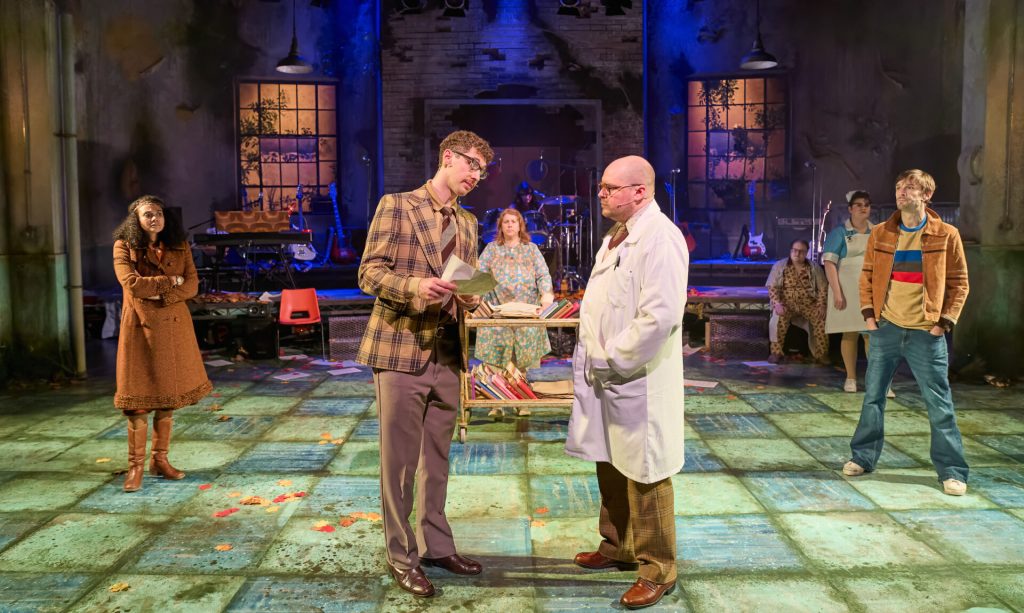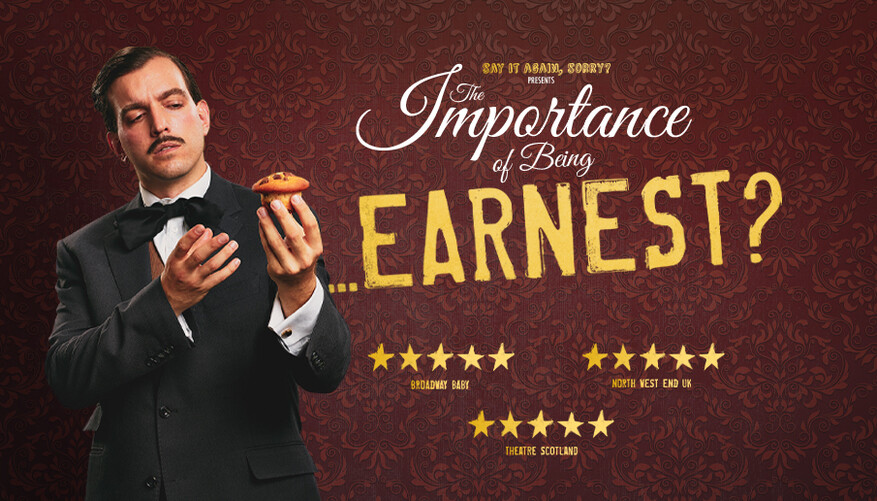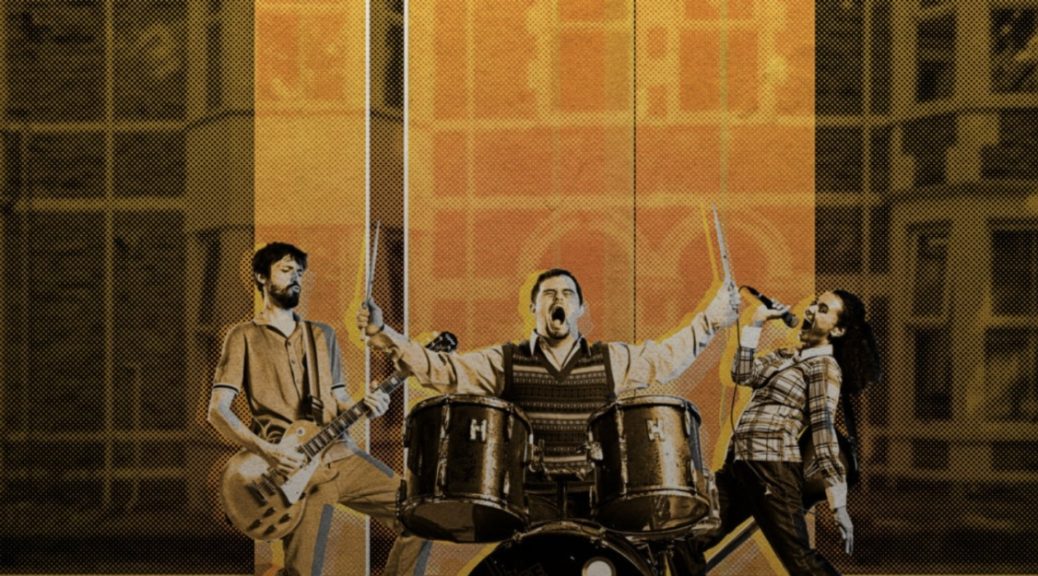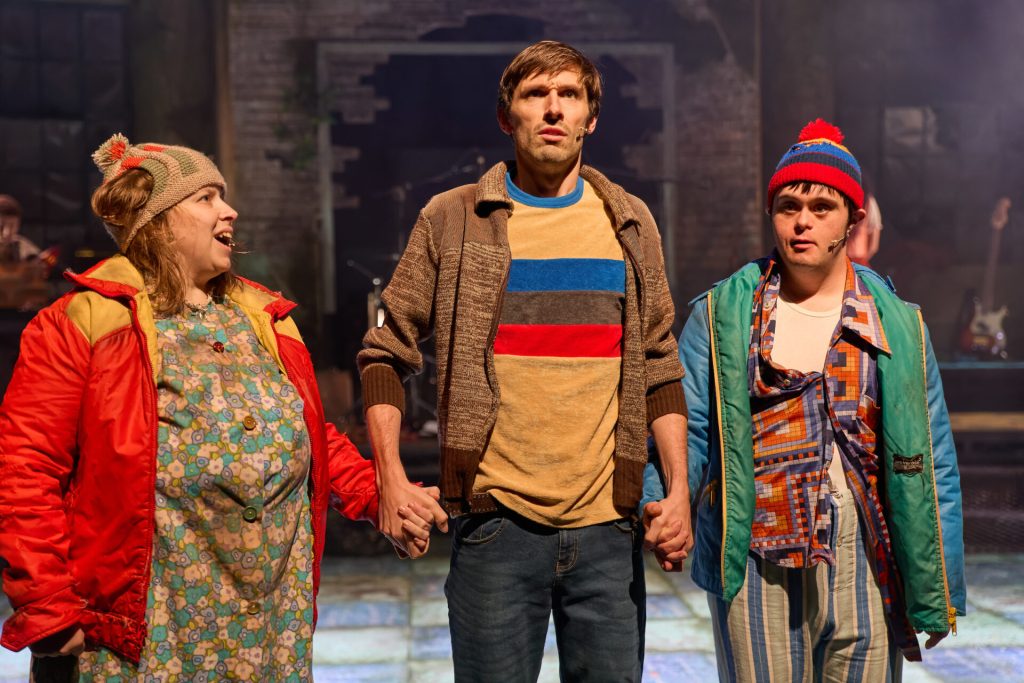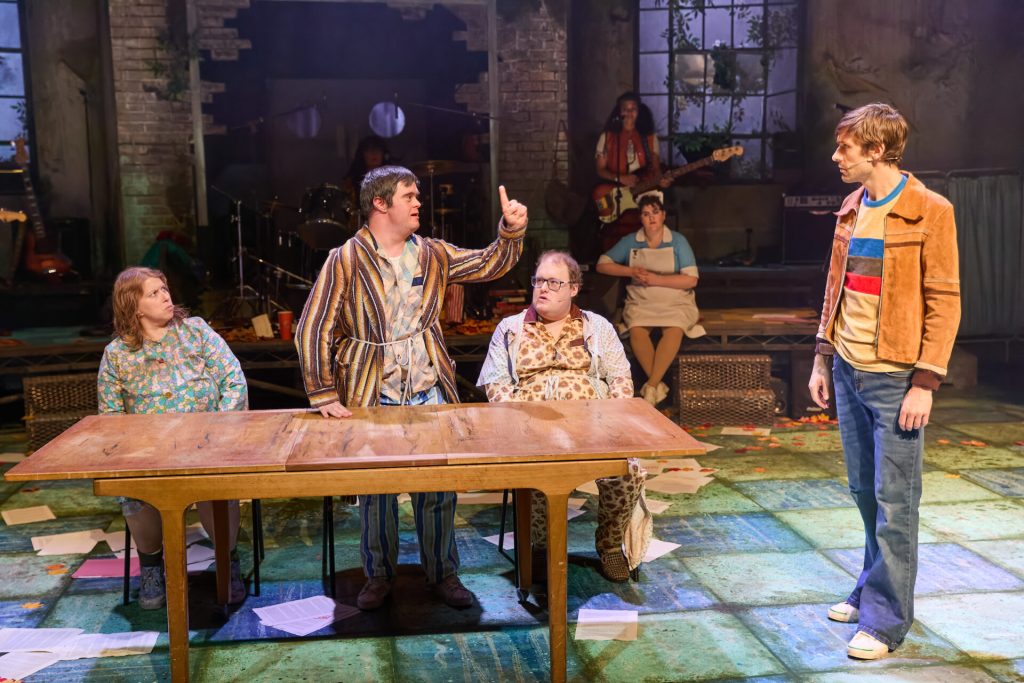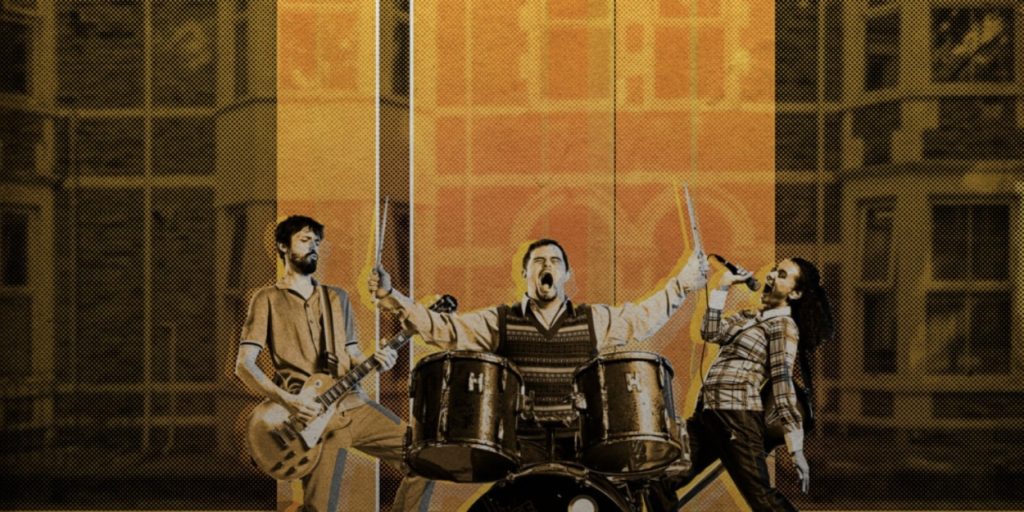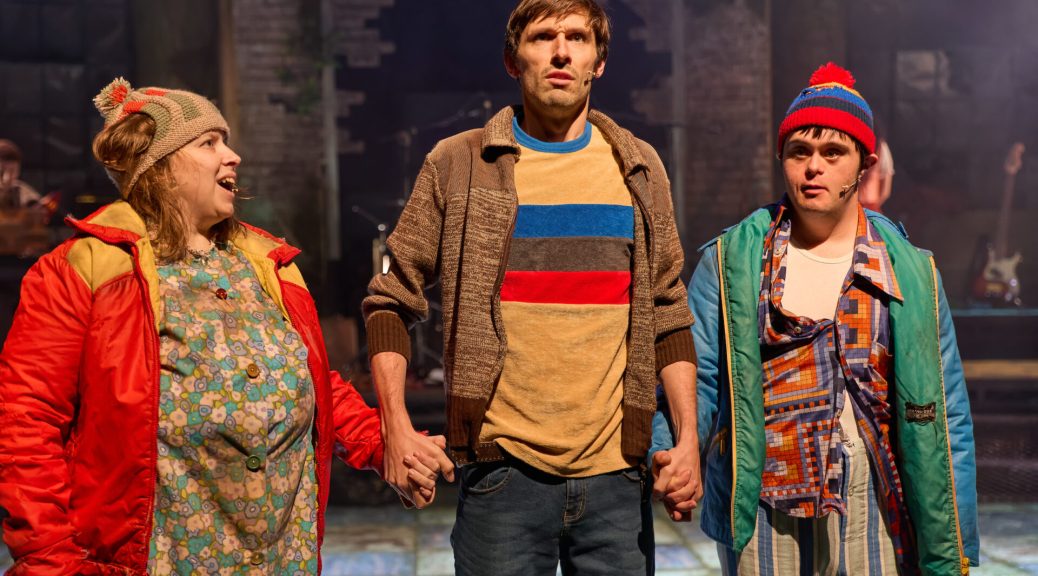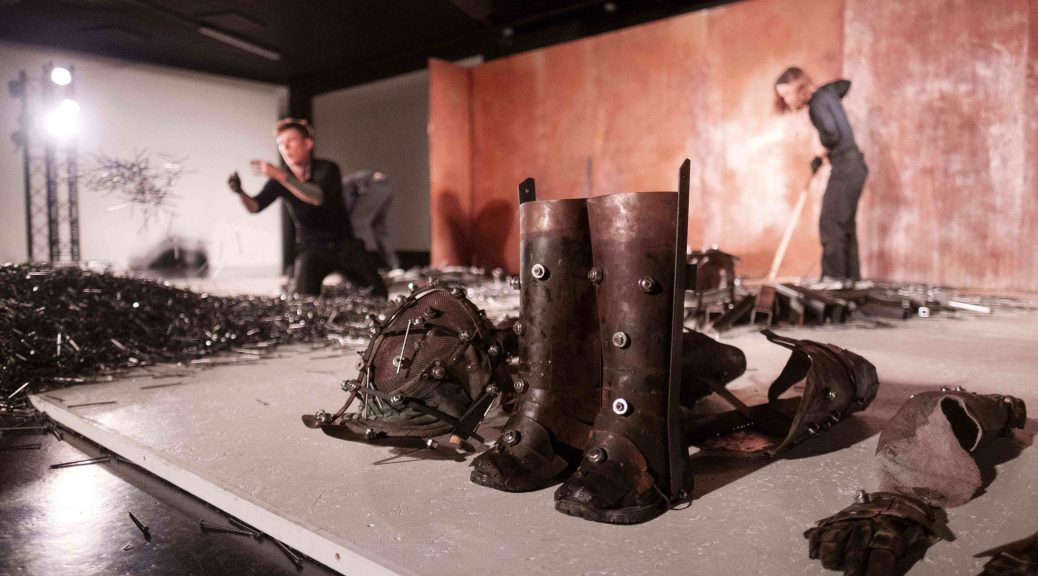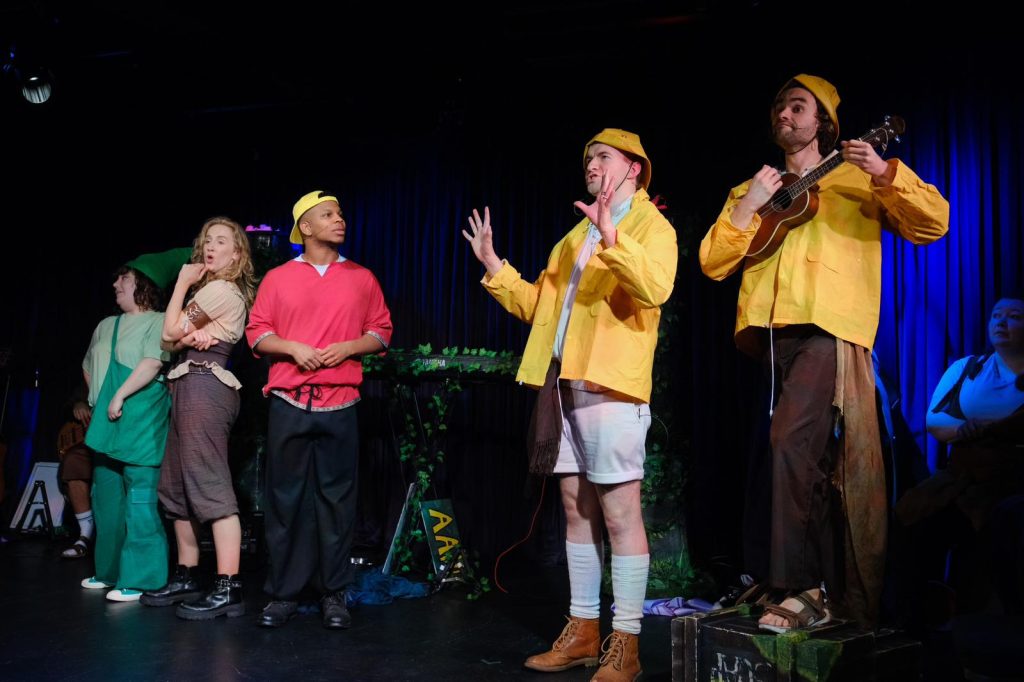 (4 / 5)
(4 / 5)
Arguably, Marina Abramović is one of the most influential and incredible Performance Artists of all time. Her methods of challenging the body, of challenging the social norm, of breaking boundaries and being raw and in your face has transformed much of the performance landscape over the past 50 years and inspired many an artist, including myself.
Abramović is everywhere in London at the moment. Not only with her new book launch, A Visual Biography and her Institute Takeover, both at the Southbank Centre, she is also taking the Royal Academy by storm as the first solo woman performer in their main space and with an opera, 7 Deaths of Maria Callas at the English National Opera. For a woman who was literally on death’s door only a couple of months ago, at 76, Abramović is still pushing boundaries and her body to extremes for art. And us number one fans are happy she still is.
After her memoir in 2016, A Walk Through Walls, telling the story of her life in Belgrade and her art across the world, you wouldn’t think there was much more for her to tell us about. This raw and personal memoir seemed to feature it all, her life, her feelings, her failures, her successes. But in this new book, A Visual Biography, she has teamed up with arts and fiction writer, Katya Tylevich, to delve into her aeroplane hangers full of memorabilia of her life to bring new stories, new insights and plenty of memories.
With both Abramović and Tylevich on stage, this book release felt a lot more casual and free than I remember A Walk Through Walls launch to be. Abramović seemed relaxed, she made us laugh constantly and her stories and anecdotes were mesmerising. There was something changed in her, possibly with a near death experience recently, A Visual Biography seems more a celebration of who Marina is and less about how her work came to be. While her first memoir featured much about her family, she now tells us more of those moments you remember from your childhood. At the time, many seem like terrifying scenarios but certainly ones to be appreciated and laughed at now.
Abramović is hugely engaging and an hour and half did not seem enough to listen to her. She is captivating in her own right, without her magnificent art, with a life full of unique experiences and humbleness.
Following from this, Abramović and the Abramović Institute have taken over the Queen Elizabeth Hall, from front of house to the backstage and areas likely unseen by most of the public. Using the Abramović method, the artists are encouraged to present long duration work over several hours across a number of spaces, allowing the audience to self-lead their experience. Marina herself is not performing, but there’s enough essence of her in each performance to not feel at all cheated.
This was opening night and therefore, taking into account any problems with this. It seemed that much was delayed, from the opening of the venue itself to some of the works. Once you were in, you could see lots in the foyer but the knowledge there is more behind the scenes that you couldn’t quite yet access yet was tantalising but also confusing at times. Once everything opened up, the freedom to roam felt enjoyable and clear, with signs noting spaces and doors you couldn’t enter. It felt like a little treasure hunt throughout the building.
As time went by, the crowds increased and there were many smaller performances in tiny spaces that developed long queues. All performances are well worth the wait but you need to be prepared that some may need a wait. As they are durational, there are a number that change as time goes on, and so instead of doing a once round, always take the journey around a few times as it is ever changing.
Performances ranged from almost no movement, to abusive and loud anarchy, to continual movement pieces. There was something for everyone, including interaction from potato peeling to unusual yet childlike chats with a group of clones. Each art and artist has created something unique and perpetrating to their lives and what they wanted to convey and each was fascinating on their own and in comparison as you crossed from one to the other.
Audiences are almost forced in close quarters at times with one another, and there’s a almost meta sense of freedom to roam but at the same time, being confined closely with strangers. It is an extraordinary exhibition that we wouldn’t have dreamed of having in 2020 during a pandemic.
The sheer determination and strength of the performers, their bodies and concepts are incredible. Not one looked bored. Not one looked as if they were not fully in their space and performance. And this is what is awe inspiring and incredible. One performer spends the entire performance, melting a block of ice with their own bare body… when you think how you feel holding an ice cube for a short time, this on a larger scale without any break in character is impressive and thought provoking. Abramović notes in her book launch that a fit and almost dancer body is needed for her type of work – to sit still or move slowly/hold a position for a long time is actually painful and an experience little of us ever have or will have. We are used to moving when uncomfortable, but this is often not an option in these scenarios.
Marina Abramović Institute Takeover is an immersive, performance art exhibition and experience unlike any other. It is the height of contemporary art and each piece is unlike anything seen before. You may not be seeing Marina herself perform, but the heart of her influence and method is abundant in each performance, while leaving room for the artist to be their own.
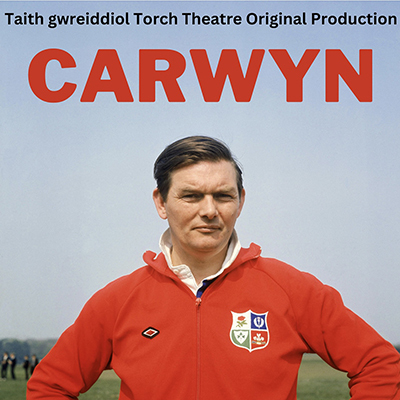
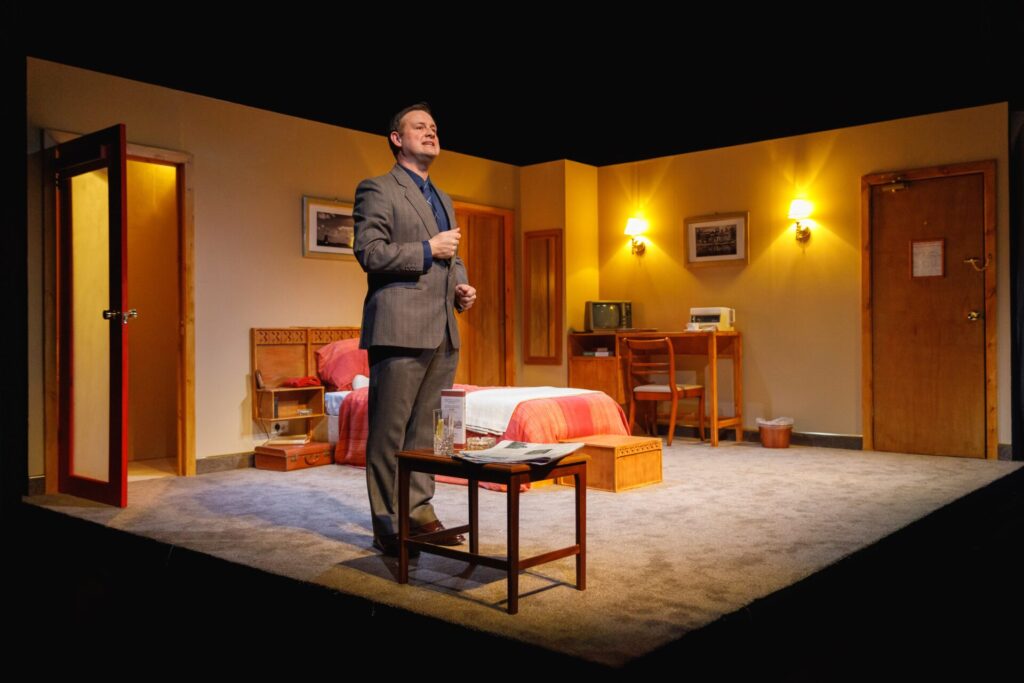

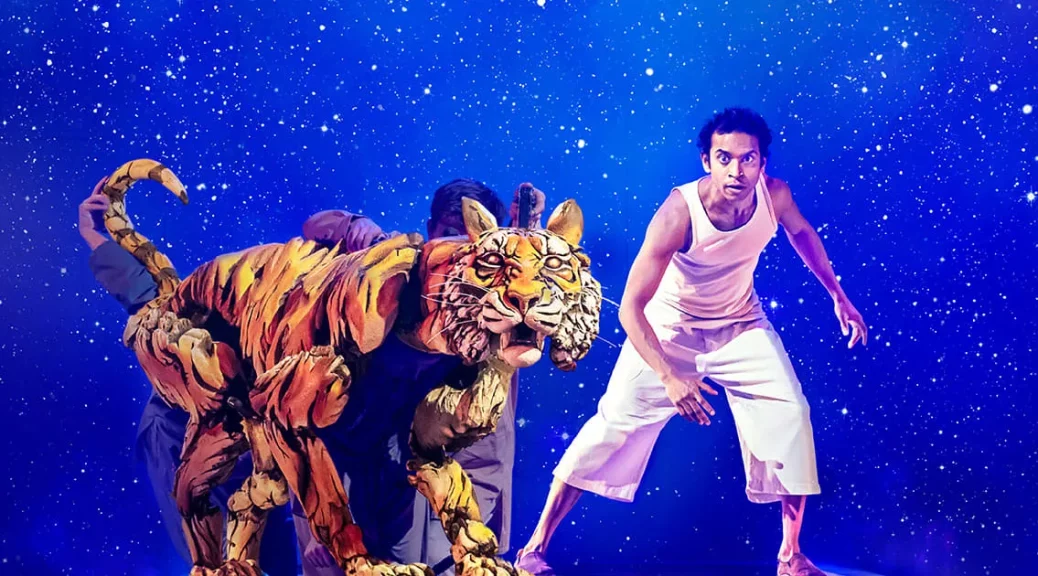
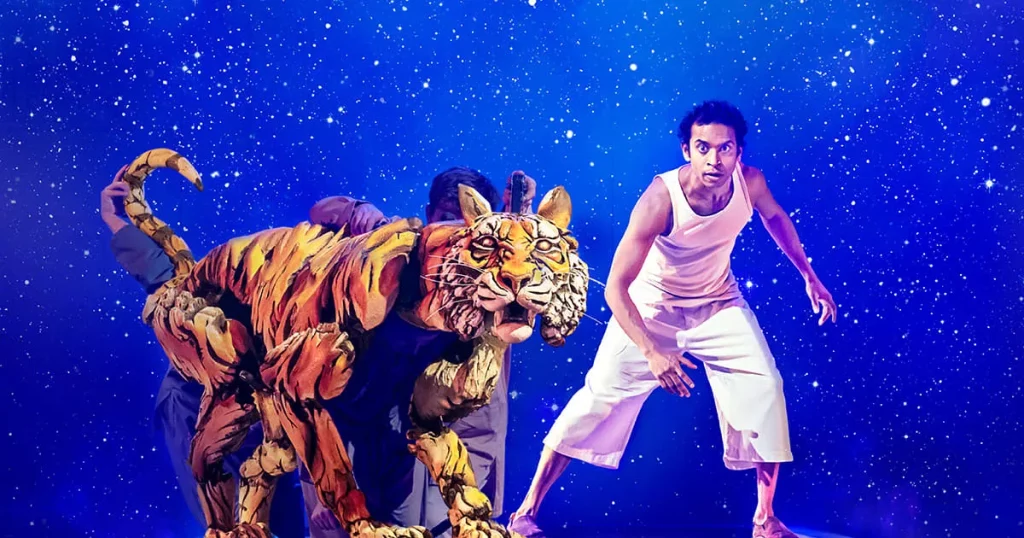
 (3 / 5)
(3 / 5)

 (4 / 5)
(4 / 5)
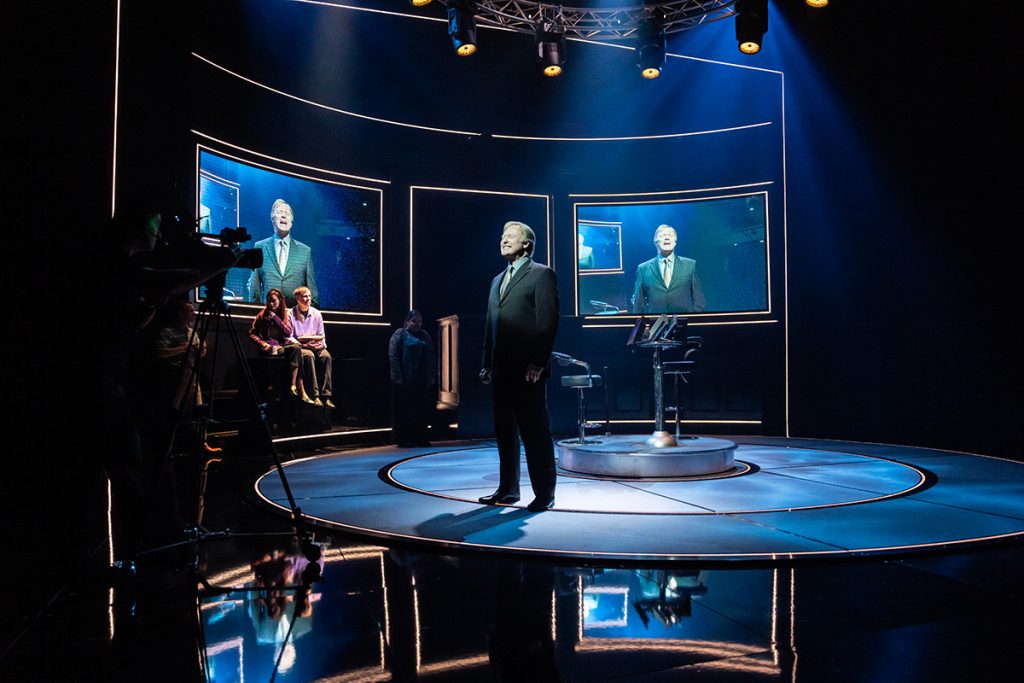




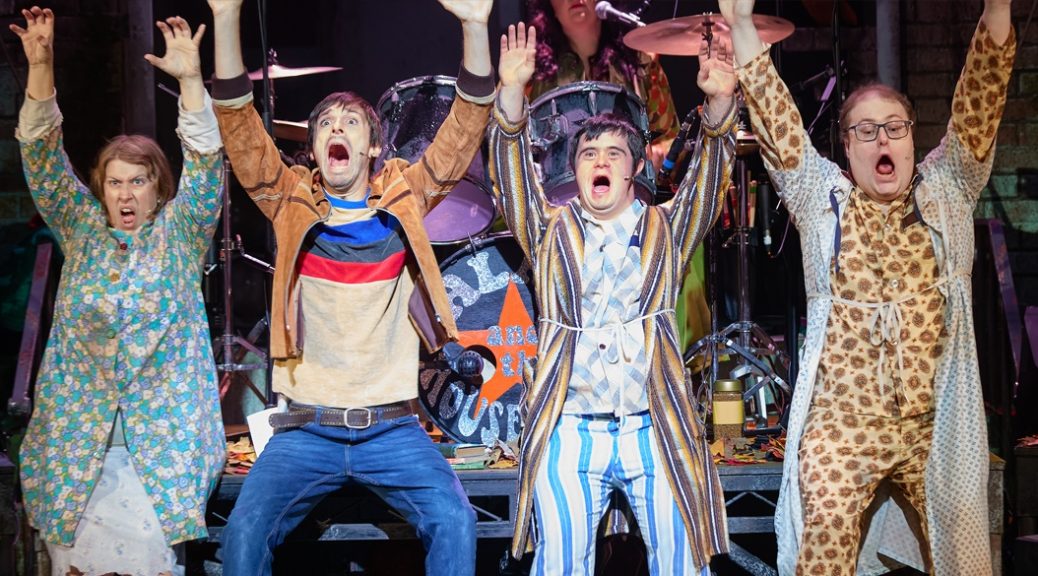
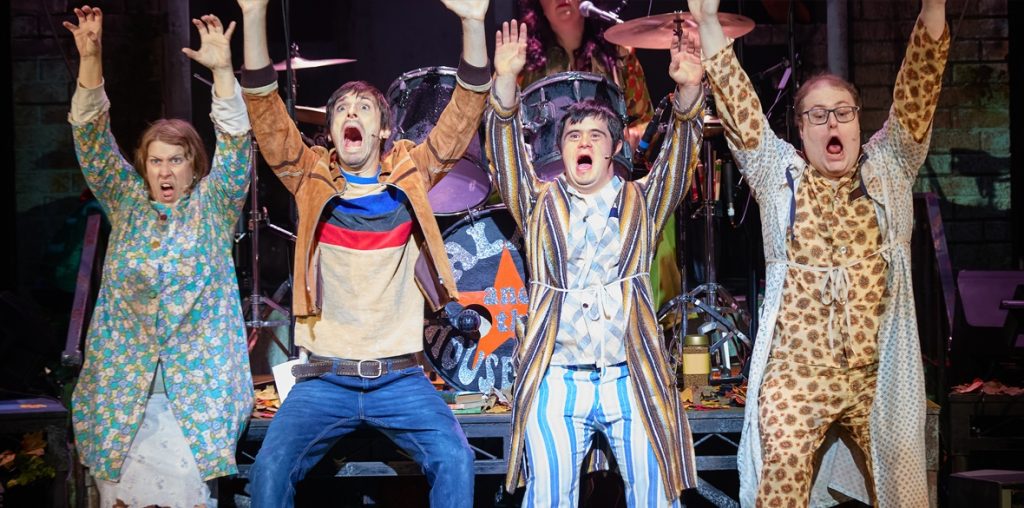
 (5 / 5)
(5 / 5)